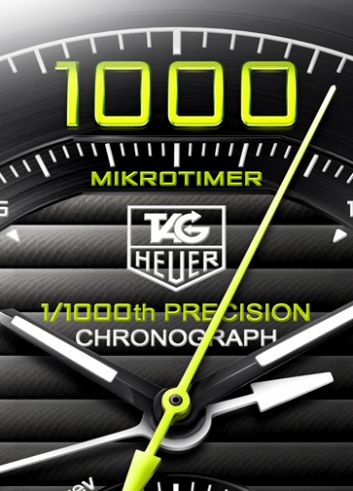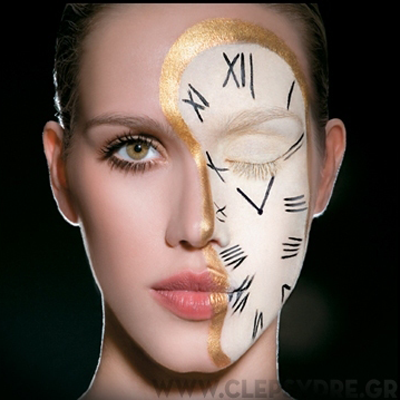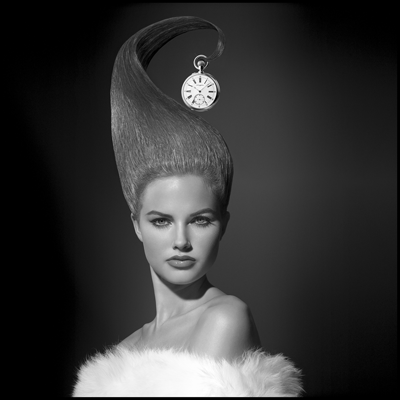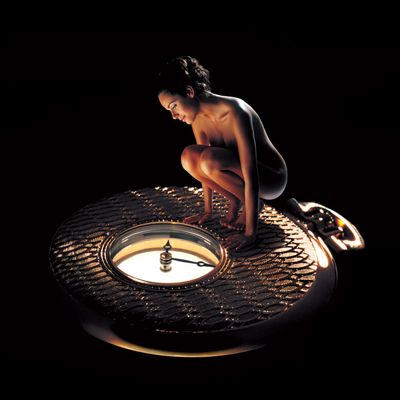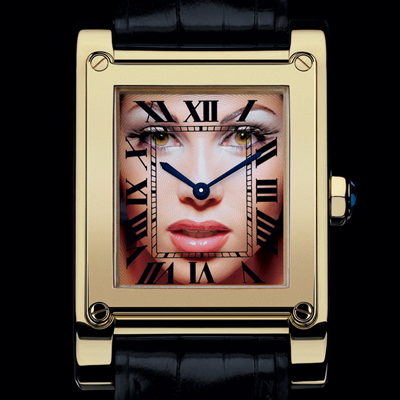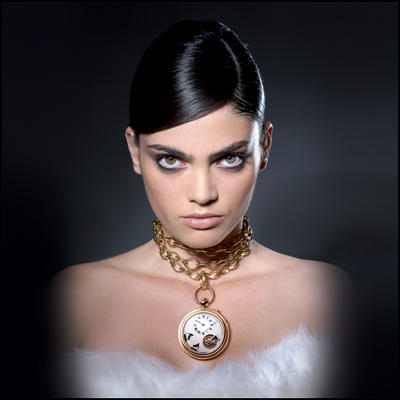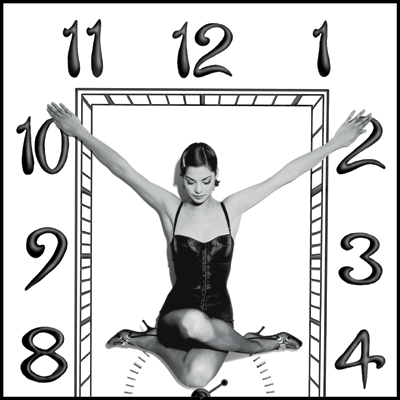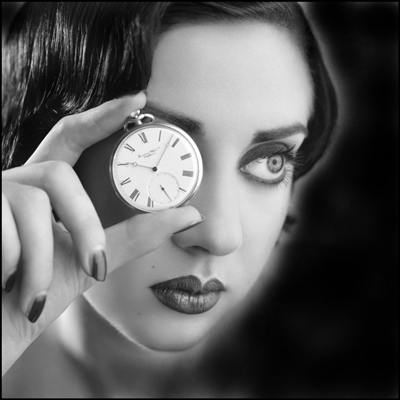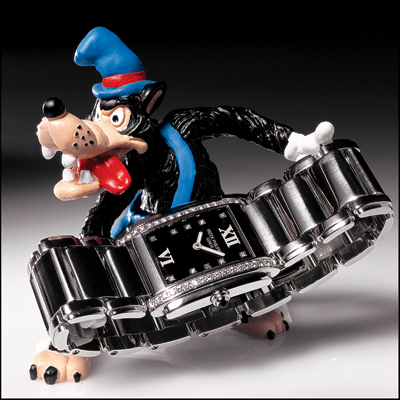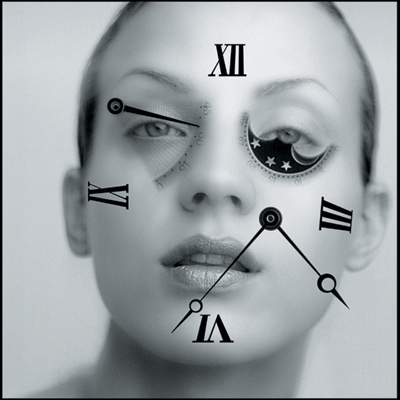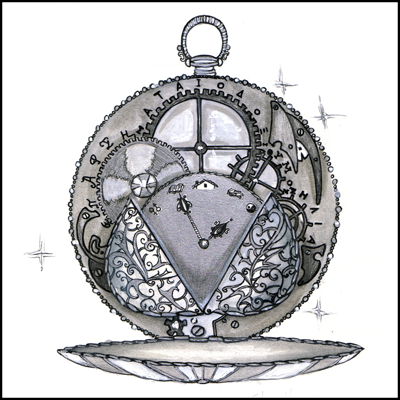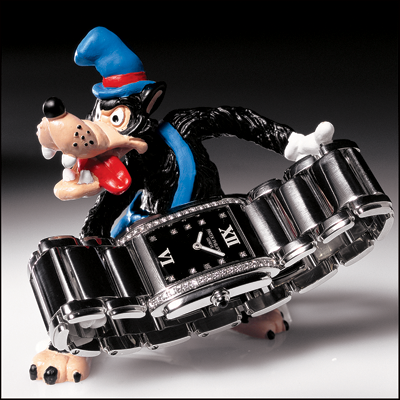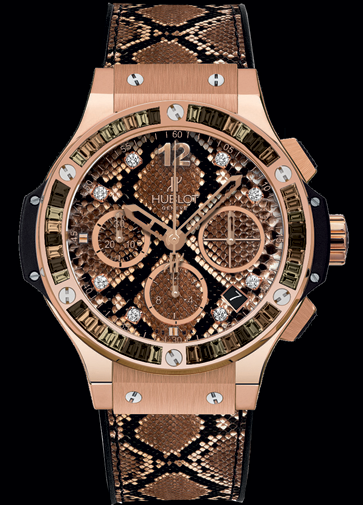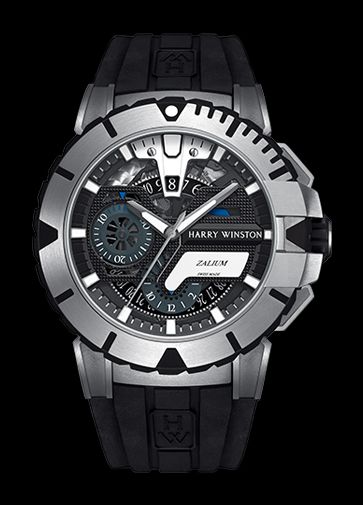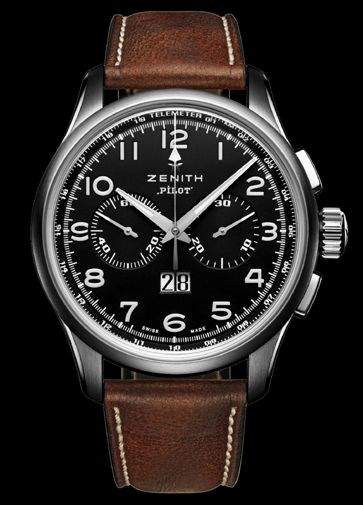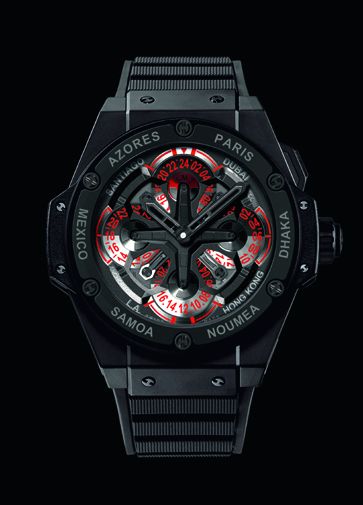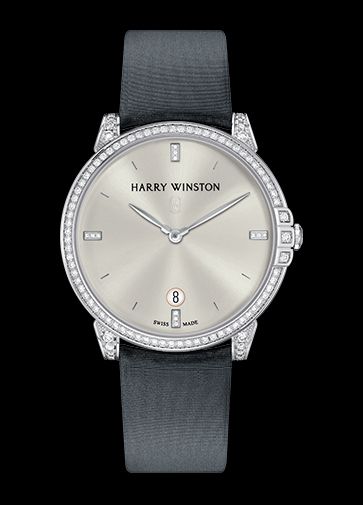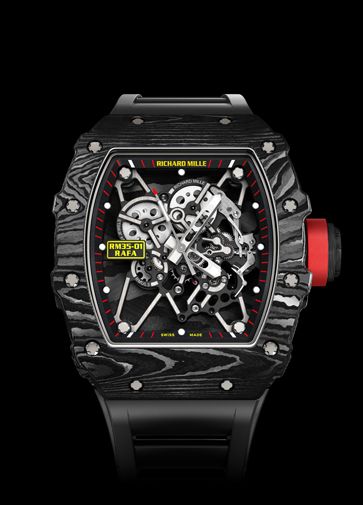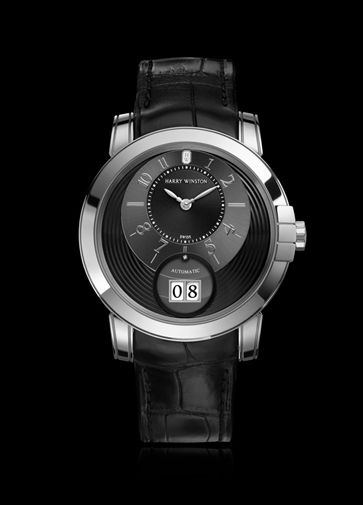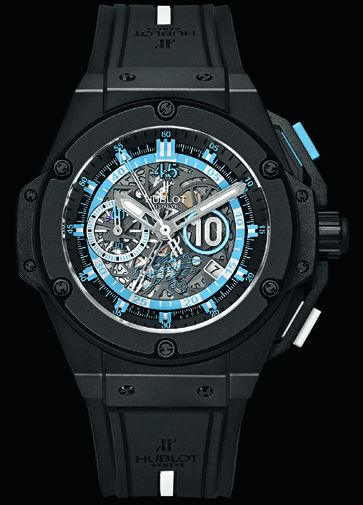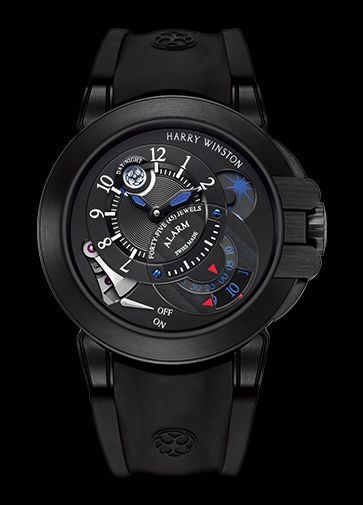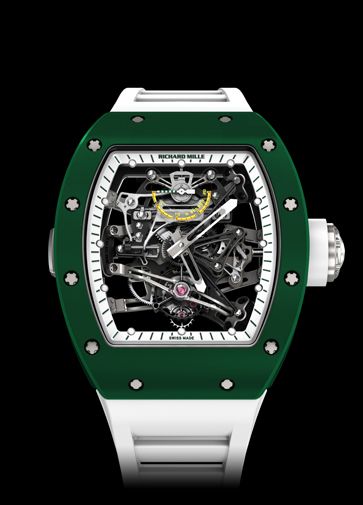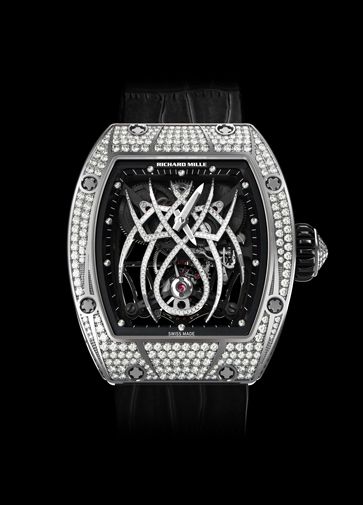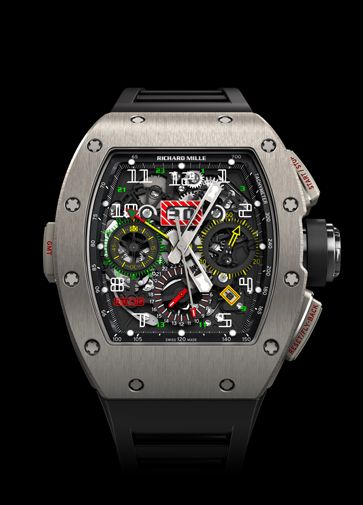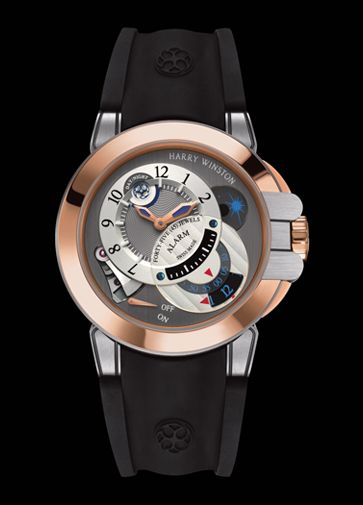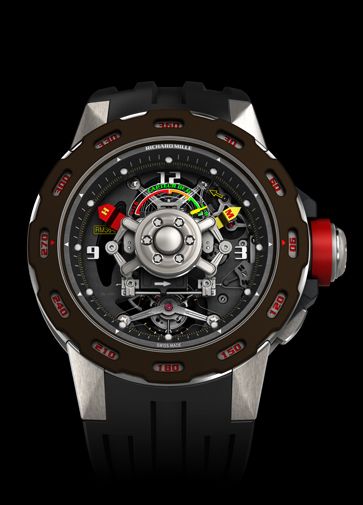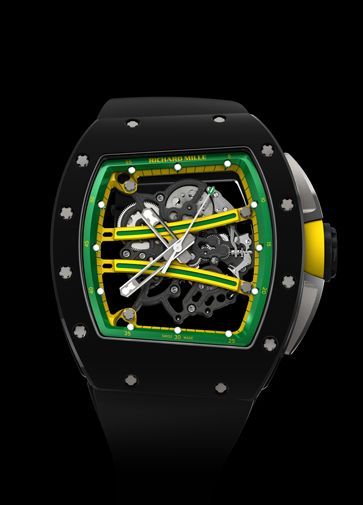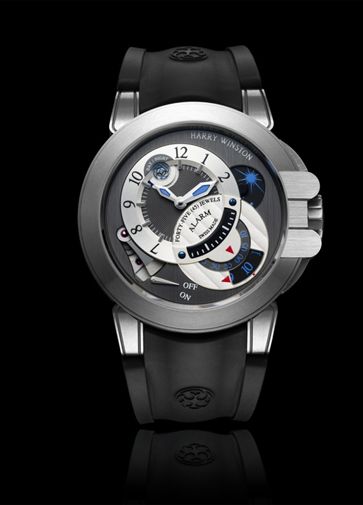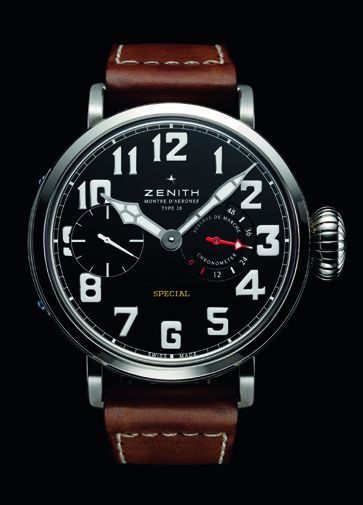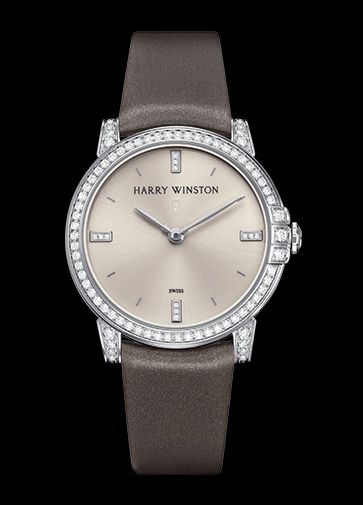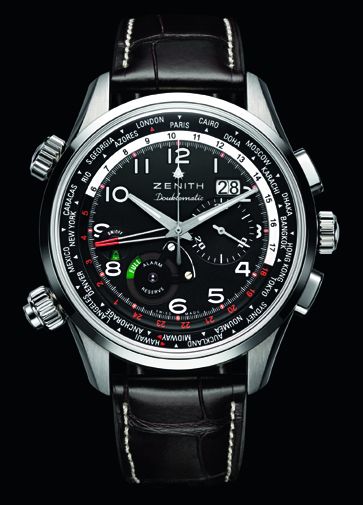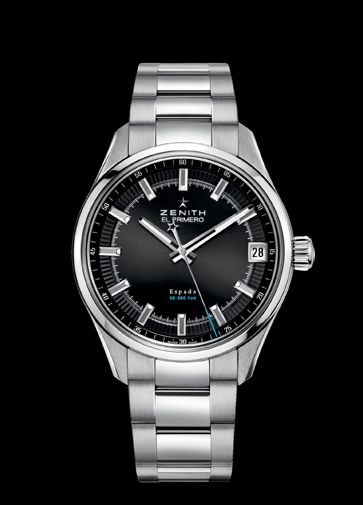WATCHMAKING ON FAST FORWARD
The 15 protagonists of high frequencies talk about speed in watchmaking...
The watchmaking world and, specifically, when centred around the topic of time, presents many paradoxes...
All fans of the mechanical watch have ‘known' that for more than 40 years there was only one Swiss mechanical watch beating at 5Hz: the irreplaceable El Primero!
Suddenly, in 2011 and 2012 we saw the release of watches beating at 10, 50, 500 even at 1000Hz!...
We were all confounded.
However, noone explained this to us and noone dared to ask either.
Why such an outburst of creativity, following 42 years of ‘slumber'?
What are the advantages of a high frequency movement?
Are there any disadvantages?
Can we compare the 5Hz of the El Primero to the 50, 500 or even 1000Hz of the ultra-rapid creations of TAG Heuer and Montblanc?
Can we compare an everyday watch to a concept watch?
A watch that provides the hour, minutes and seconds to a timer?
In what way does rapidity play a role in watchmaking marketing?
Can slowness also be an advantage?
And, what if we could choose the speed at which we would like to live?
I have posed personalised questions to all the protagonists of watchmaking speed:
Jean-Frédéric Dufour (Zenith), Pierre Gygax (Ulysse Nardin), Willy Schweizer (Girard-Perregaux), Jean-Christophe Babin (TAG Heuer), Demetrio Cabiddu (Montblanc), Karl-Friedrich Scheufele (Chopard), Jean-Claude Biver (Hublot), Grégory Bruttin (Roger Dubuis), Jean-Pierre Golay (Franck Muller), Philippe Dufour, Maximilian Büsser (MB&F), Jean-Pierre Musy (Patek Philippe), Jean-François Ruchonnet, Jean-Marie Schaller (Louis Moinet) and Philip Poniz.
They all reply to questions relevant to their own creations and strategies, but they also comment on the creations of their competitors, on the ‘slow' image of Switzerland, their personal relationship to speed, speed limits on motorways etc!...
Their replies give rise to new questions:
Had 5Hz existed prior to 1800?
Had 6, 8, 10, even 50Hz existed prior to 1900?
Were British watchmakers of the 18th Century the real precursors of high frequencies?
Finally, did 30Hz already exist since 1816?
Which was the first wristwatch beating at 5Hz and presented in 1965, which won the competition of the Neuchâtel Observatory in 1966, thanks to its phenomenal accuracy?
Are mechanical watches ‘steam engines'?
Do watches today exhibit a poor performance?
Following the invention of the helicopter, should we abandon alpinism?
A thematic dossier that provides food for thought to watchmaking afficionados.
Fasten your seat belts and immerse yourselves in the magical world of top-speed Watchmaking!...


